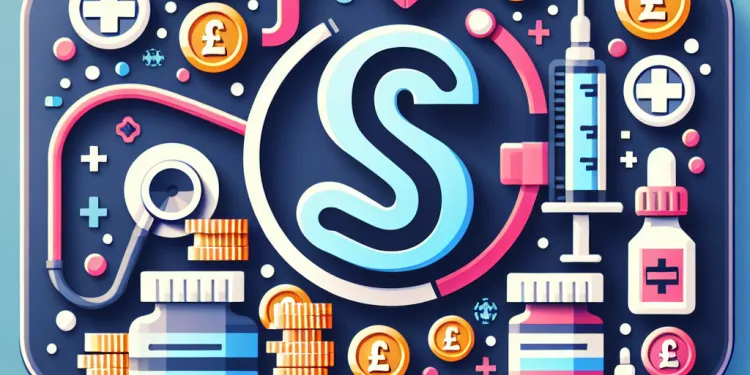
Find Help
More Items From Ergsy search
-

Can you still get gonorrhoea after treatment?
Relevance: 100%
-

What is Gonorrhoea?
Relevance: 95%
-

Is there a vaccine for gonorrhoea?
Relevance: 92%
-
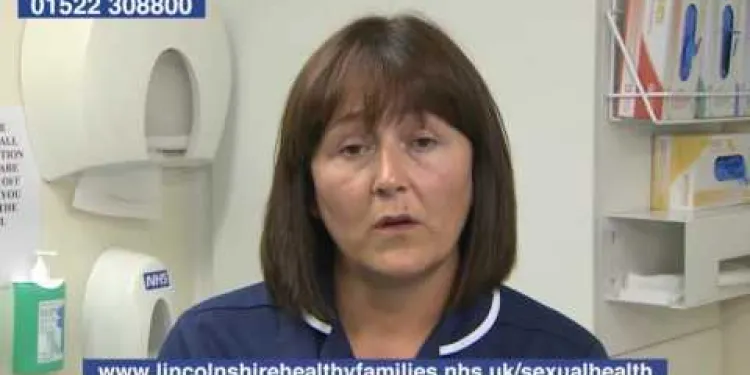
The symptoms of gonorrhoea
Relevance: 91%
-
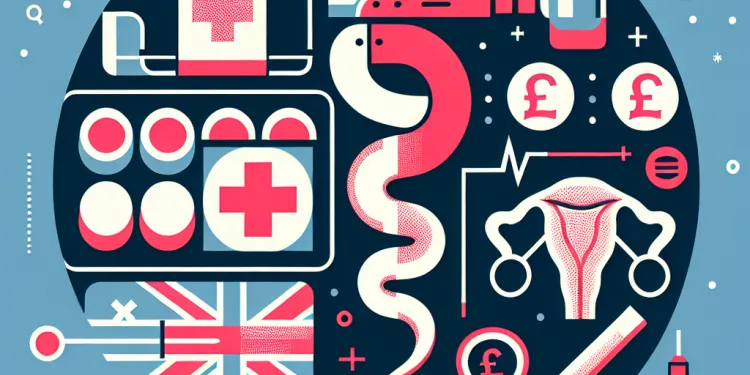
Can gonorrhoea be asymptomatic?
Relevance: 90%
-

Can gonorrhoea be prevented?
Relevance: 90%
-

How is gonorrhoea diagnosed?
Relevance: 89%
-

What antibiotics are used to treat gonorrhoea?
Relevance: 87%
-

Are there any long-term effects of gonorrhoea?
Relevance: 86%
-

How is gonorrhoea transmitted?
Relevance: 86%
-

Understanding Your Sexual Health - Gonorrhoea
Relevance: 84%
-
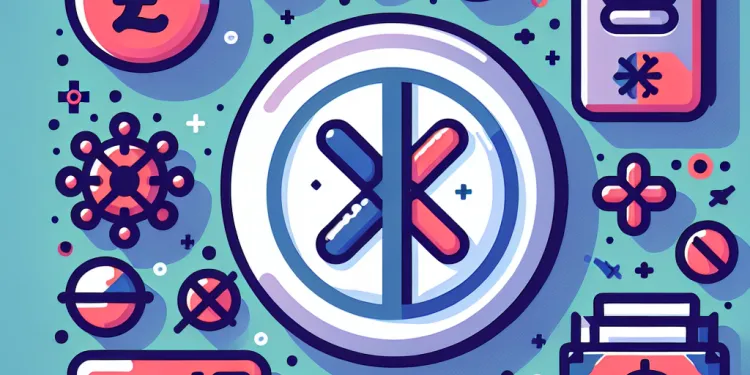
Why is antibiotic resistance a concern with gonorrhoea?
Relevance: 84%
-

What should one do if they suspect they have gonorrhoea?
Relevance: 84%
-
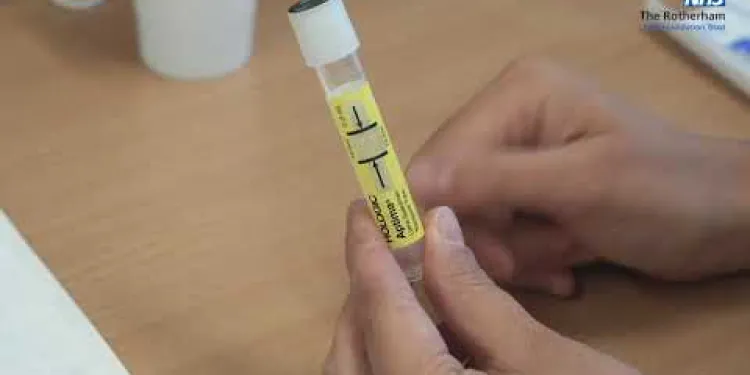
Urine test for Gonorrhoea and Chlamydia
Relevance: 82%
-
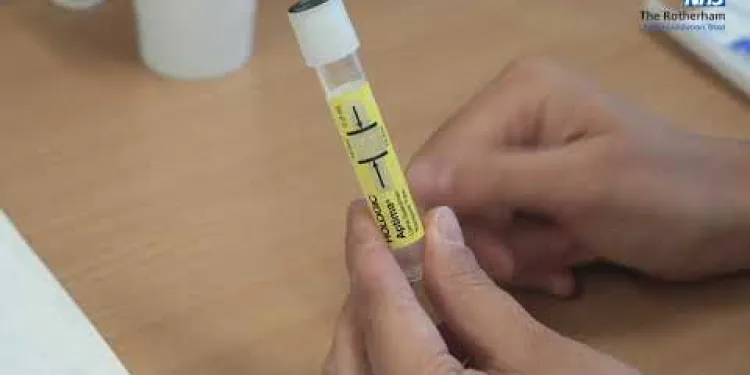
Urine test for Gonorrhoea and Chlamydia
Relevance: 82%
-

Pharyngeal swab for Gonorrhoea and Chlamydia
Relevance: 80%
-

Can gonorrhoea infect areas other than the genital organs?
Relevance: 80%
-
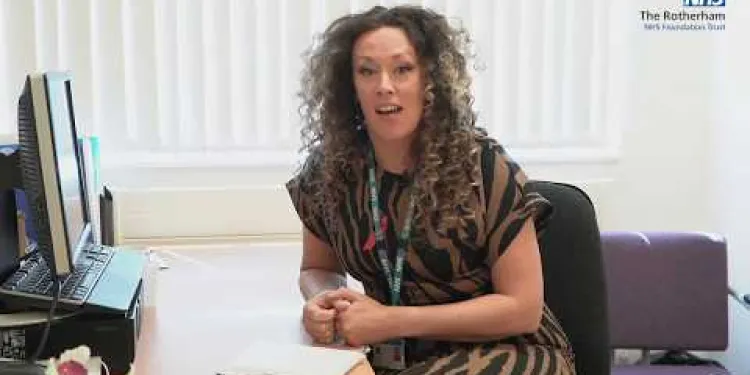
Vaginal Swab test for Gonorrhoea and Chlamydia
Relevance: 78%
-
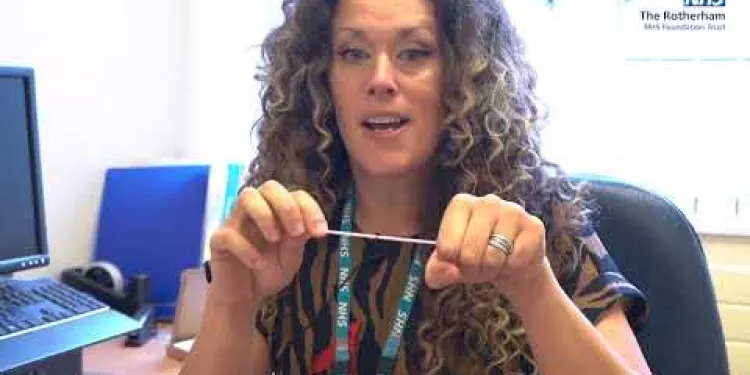
Rectal swab test for Gonorrhoea and Chlamydia
Relevance: 77%
-

How often should one get tested for gonorrhoea?
Relevance: 76%
-
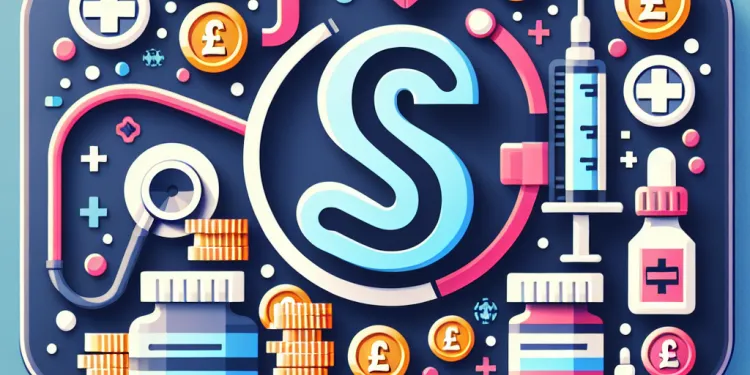
Is gonorrhoea treatable?
Relevance: 66%
-

Can gonorrhoea cause complications if left untreated?
Relevance: 54%
-

Can gonorrhoea be spread through casual contact?
Relevance: 54%
-

What are the symptoms of gonorrhoea?
Relevance: 37%
-

What is 'the clap'?
Relevance: 37%
-
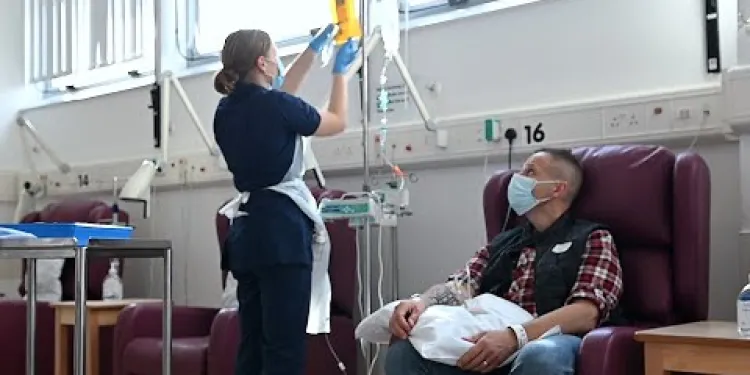
Having chemotherapy and other treatments in the Day Treatment Unit
Relevance: 36%
-

Is there a treatment for measles?
Relevance: 35%
-

Is there a treatment for measles?
Relevance: 35%
-
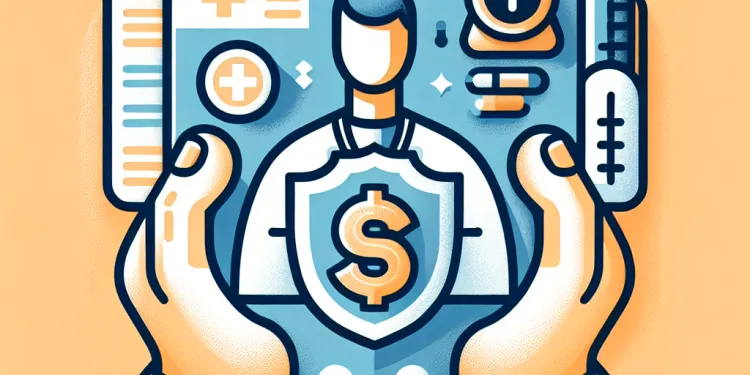
Are chiropractic treatments safe?
Relevance: 34%
-

Is Botox treatment expensive?
Relevance: 34%
-
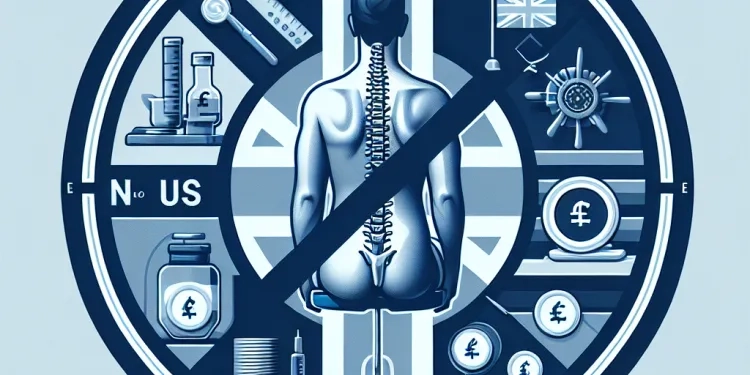
Are chiropractic treatments painful?
Relevance: 34%
-
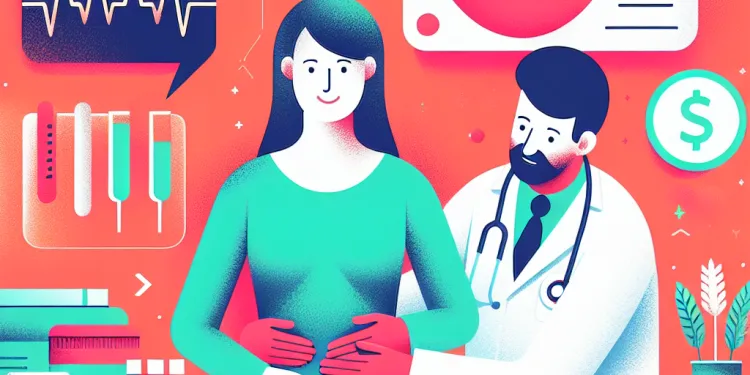
What is the treatment for appendicitis?
Relevance: 34%
-

Eating disorders: treatment
Relevance: 34%
-

Is Paillon treatment a form of chemotherapy?
Relevance: 33%
-
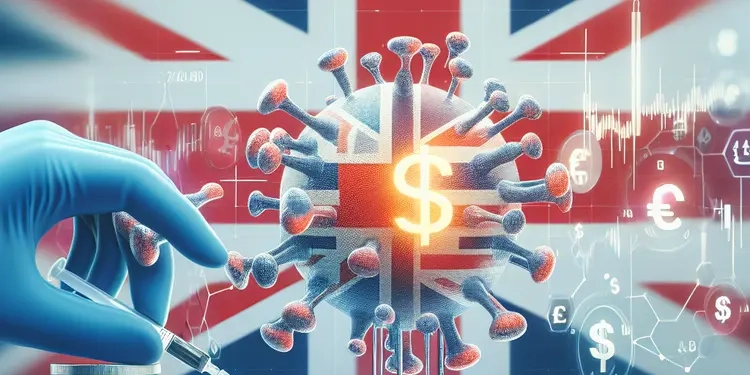
What is Paillon treatment for cancer?
Relevance: 33%
-

Who developed the Paillon treatment?
Relevance: 33%
-

BSL - Treatments for insomnia
Relevance: 33%
-
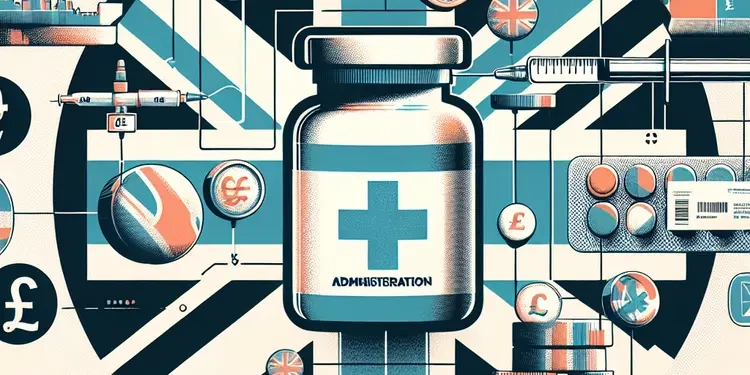
How is Paillon treatment administered?
Relevance: 33%
-
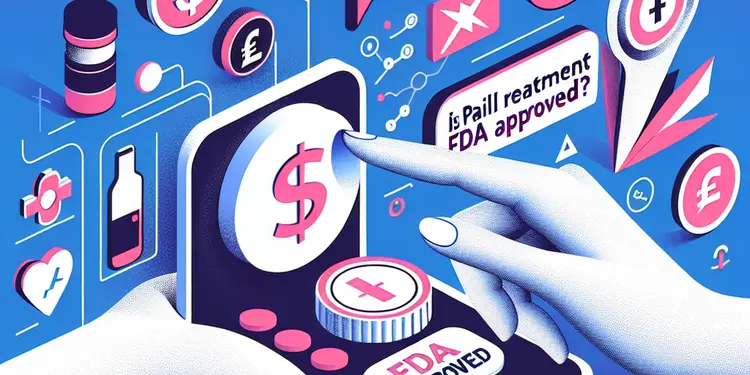
Is Paillon treatment FDA approved?
Relevance: 33%
-

Is a prescription required for Paillon treatment?
Relevance: 33%
Is Gonorrhoea Treatable?
Gonorrhoea is a common sexually transmitted infection (STI) caused by the bacterium Neisseria gonorrhoeae. It primarily affects warm, moist areas of the body, including the reproductive tract, urethra, mouth, throat, eyes, and rectum. While it poses serious health risks if left untreated, gonorrhoea is indeed treatable, especially when detected early.
Current Treatments
The mainstay of gonorrhoea treatment involves antibiotics. In the UK, the recommended treatment is a dual therapy consisting of two antibiotics: ceftriaxone, administered as a single intramuscular injection, and azithromycin, taken orally in a single dose. This combination targets the bacteria effectively and reduces the risk of antibiotic resistance. After treatment with these antibiotics, symptoms often improve rapidly, sometimes within a few days. However, it's crucial to complete the prescribed course and follow healthcare advice to ensure full recovery and to prevent further complications.
Antibiotic Resistance
One significant concern in treating gonorrhoea is the growing issue of antibiotic resistance. Strains of Neisseria gonorrhoeae resistant to common antibiotics have been reported worldwide. This resistance complicates treatment efforts, making early diagnosis and completion of prescribed medication regimens even more vital. Health organisations in the UK closely monitor resistance patterns and adjust treatment guidelines accordingly to combat this challenge.
Prevention and Follow-up
Preventive measures are crucial in controlling the spread of gonorrhoea. Using condoms during sexual activity, limiting the number of sexual partners, and engaging in regular STI screenings are effective strategies in reducing transmission. It's important for sexually active individuals in the UK to have regular health check-ups, as gonorrhoea can sometimes be asymptomatic, especially in its early stages.
After treatment, follow-up is important to ensure that the infection has been fully cleared. Healthcare providers may recommend a follow-up test to confirm the eradication of the bacteria. Abstaining from sexual intercourse until this confirmation is received is advisable to prevent reinfection or transmission to others.
Conclusion
In summary, gonorrhoea is a treatable condition in the UK, provided that it is diagnosed timely and managed appropriately with the correct antibiotics. With the challenges posed by antibiotic resistance, staying informed and adhering to prevention guidelines are key to maintaining sexual health. Regular medical consultations and open discussions with healthcare providers contribute significantly to the effective management and prevention of gonorrhoea.
Is Gonorrhoea Treatable?
Gonorrhoea is an illness you can get from having sex. It is caused by germs. Gonorrhoea affects warm and wet parts of our body, like private parts, mouth, eyes, and bottom. If you don’t treat it, it could make you very sick. But don’t worry, you can treat gonorrhoea if you find it early.
Current Treatments
Doctors use medicine called antibiotics to treat gonorrhoea. In the UK, you get two types of medicine. One is a shot, and the other is a pill. These medicines work together to stop the germs. After you take the medicine, you might feel better in a few days. But it is very important to take all the medicine the doctor gives you, even if you feel better. This helps make sure the germs are gone.
Antibiotic Resistance
Sometimes, the medicine does not work because the germs become too strong. This is called resistance. This is why it is so important to see the doctor early and take all your medicine. Doctors in the UK watch carefully to see if the germs are getting stronger so they can change the medicine if needed.
Prevention and Follow-up
You can stop gonorrhoea from spreading by using condoms when having sex. Try to have fewer partners and go for check-ups with your doctor. Gonorrhoea might not always show signs, so it’s good to get checked regularly. After treatment, see your doctor again to make sure the germs are all gone. Do not have sex until your doctor says it is safe.
Conclusion
In short, gonorrhoea can be treated in the UK if you catch it early and take the right medicine. Because some medicines might not work, it’s important to know how to stop gonorrhoea and have regular doctor visits. Talk openly with your doctor to stay healthy and safe.
Frequently Asked Questions
Useful Links
This website offers general information and is not a substitute for professional advice.
Always seek guidance from qualified professionals.
If you have any medical concerns or need urgent help, contact a healthcare professional or emergency services immediately.
- Ergsy carfully checks the information in the videos we provide here.
- Videos shown by Youtube after a video has completed, have NOT been reviewed by ERGSY.
- To view, click the arrow in centre of video.
- Most of the videos you find here will have subtitles and/or closed captions available.
- You may need to turn these on, and choose your preferred language.
- Go to the video you'd like to watch.
- If closed captions (CC) are available, settings will be visible on the bottom right of the video player.
- To turn on Captions, click settings .
- To turn off Captions, click settings again.
More Items From Ergsy search
-

Can you still get gonorrhoea after treatment?
Relevance: 100%
-

What is Gonorrhoea?
Relevance: 95%
-

Is there a vaccine for gonorrhoea?
Relevance: 92%
-

The symptoms of gonorrhoea
Relevance: 91%
-

Can gonorrhoea be asymptomatic?
Relevance: 90%
-

Can gonorrhoea be prevented?
Relevance: 90%
-

How is gonorrhoea diagnosed?
Relevance: 89%
-

What antibiotics are used to treat gonorrhoea?
Relevance: 87%
-

Are there any long-term effects of gonorrhoea?
Relevance: 86%
-

How is gonorrhoea transmitted?
Relevance: 86%
-

Understanding Your Sexual Health - Gonorrhoea
Relevance: 84%
-

Why is antibiotic resistance a concern with gonorrhoea?
Relevance: 84%
-

What should one do if they suspect they have gonorrhoea?
Relevance: 84%
-

Urine test for Gonorrhoea and Chlamydia
Relevance: 82%
-

Urine test for Gonorrhoea and Chlamydia
Relevance: 82%
-

Pharyngeal swab for Gonorrhoea and Chlamydia
Relevance: 80%
-

Can gonorrhoea infect areas other than the genital organs?
Relevance: 80%
-

Vaginal Swab test for Gonorrhoea and Chlamydia
Relevance: 78%
-

Rectal swab test for Gonorrhoea and Chlamydia
Relevance: 77%
-

How often should one get tested for gonorrhoea?
Relevance: 76%
-

Is gonorrhoea treatable?
Relevance: 66%
-

Can gonorrhoea cause complications if left untreated?
Relevance: 54%
-

Can gonorrhoea be spread through casual contact?
Relevance: 54%
-

What are the symptoms of gonorrhoea?
Relevance: 37%
-

What is 'the clap'?
Relevance: 37%
-

Having chemotherapy and other treatments in the Day Treatment Unit
Relevance: 36%
-

Is there a treatment for measles?
Relevance: 35%
-

Is there a treatment for measles?
Relevance: 35%
-

Are chiropractic treatments safe?
Relevance: 34%
-

Is Botox treatment expensive?
Relevance: 34%
-

Are chiropractic treatments painful?
Relevance: 34%
-

What is the treatment for appendicitis?
Relevance: 34%
-

Eating disorders: treatment
Relevance: 34%
-

Is Paillon treatment a form of chemotherapy?
Relevance: 33%
-

What is Paillon treatment for cancer?
Relevance: 33%
-

Who developed the Paillon treatment?
Relevance: 33%
-

BSL - Treatments for insomnia
Relevance: 33%
-

How is Paillon treatment administered?
Relevance: 33%
-

Is Paillon treatment FDA approved?
Relevance: 33%
-

Is a prescription required for Paillon treatment?
Relevance: 33%


